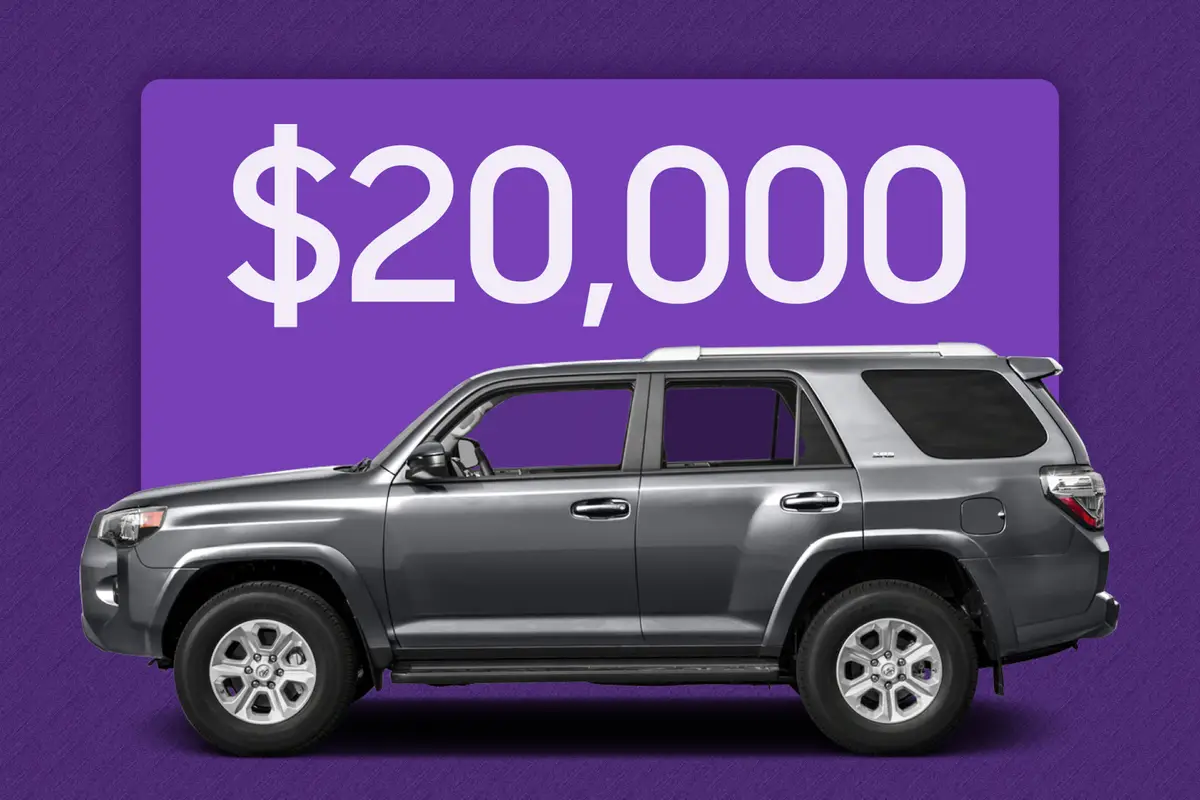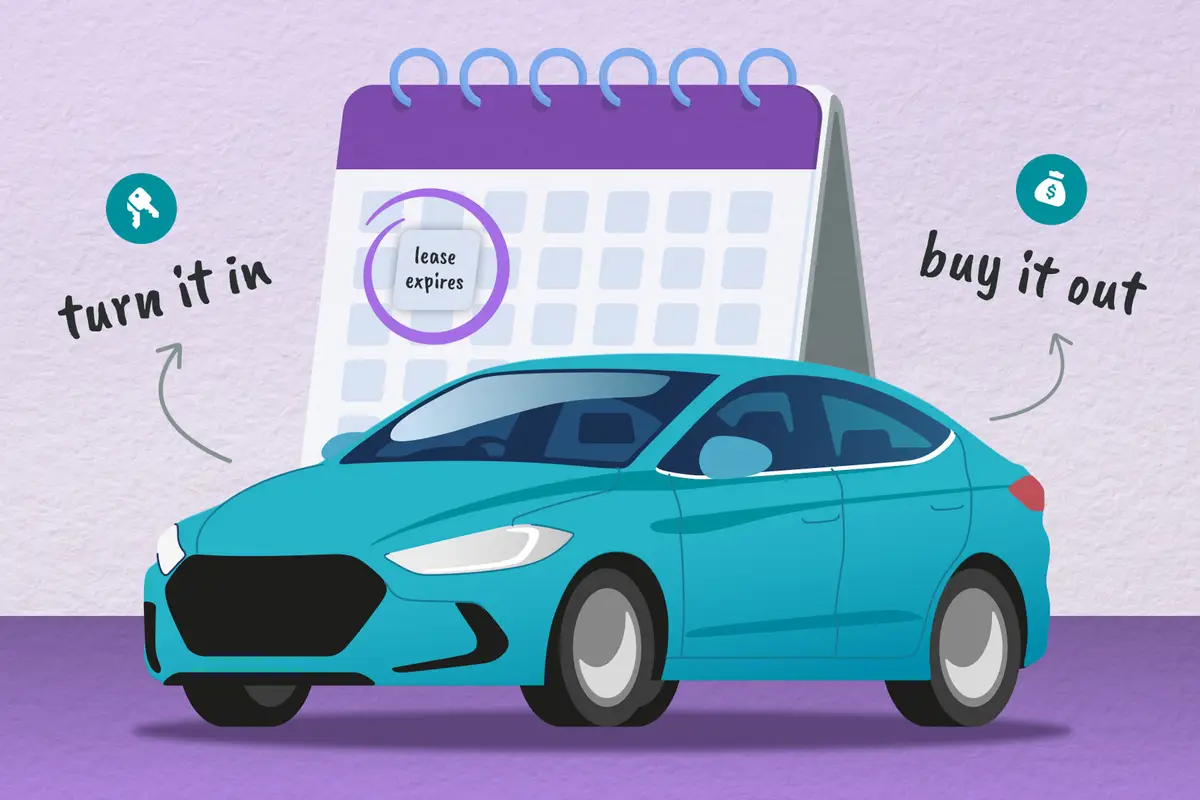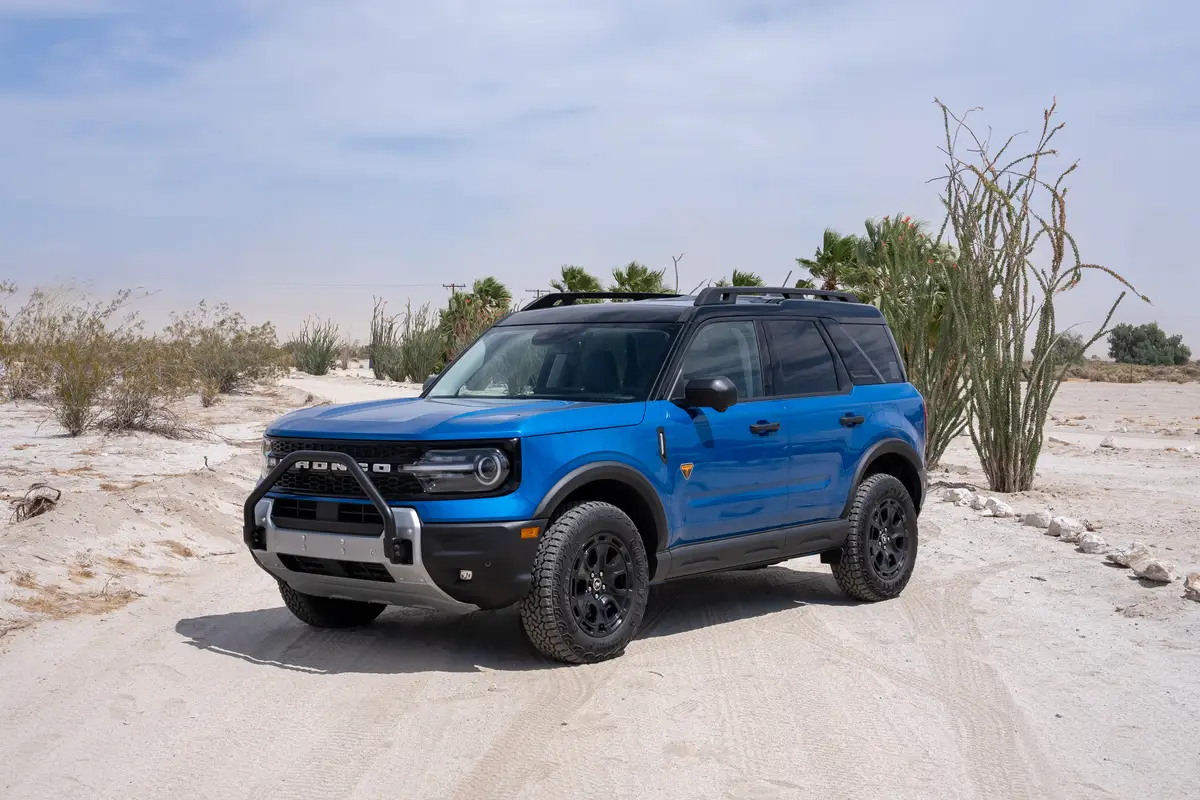VW Diesel Settlement Likely to be Approved, Judge Says
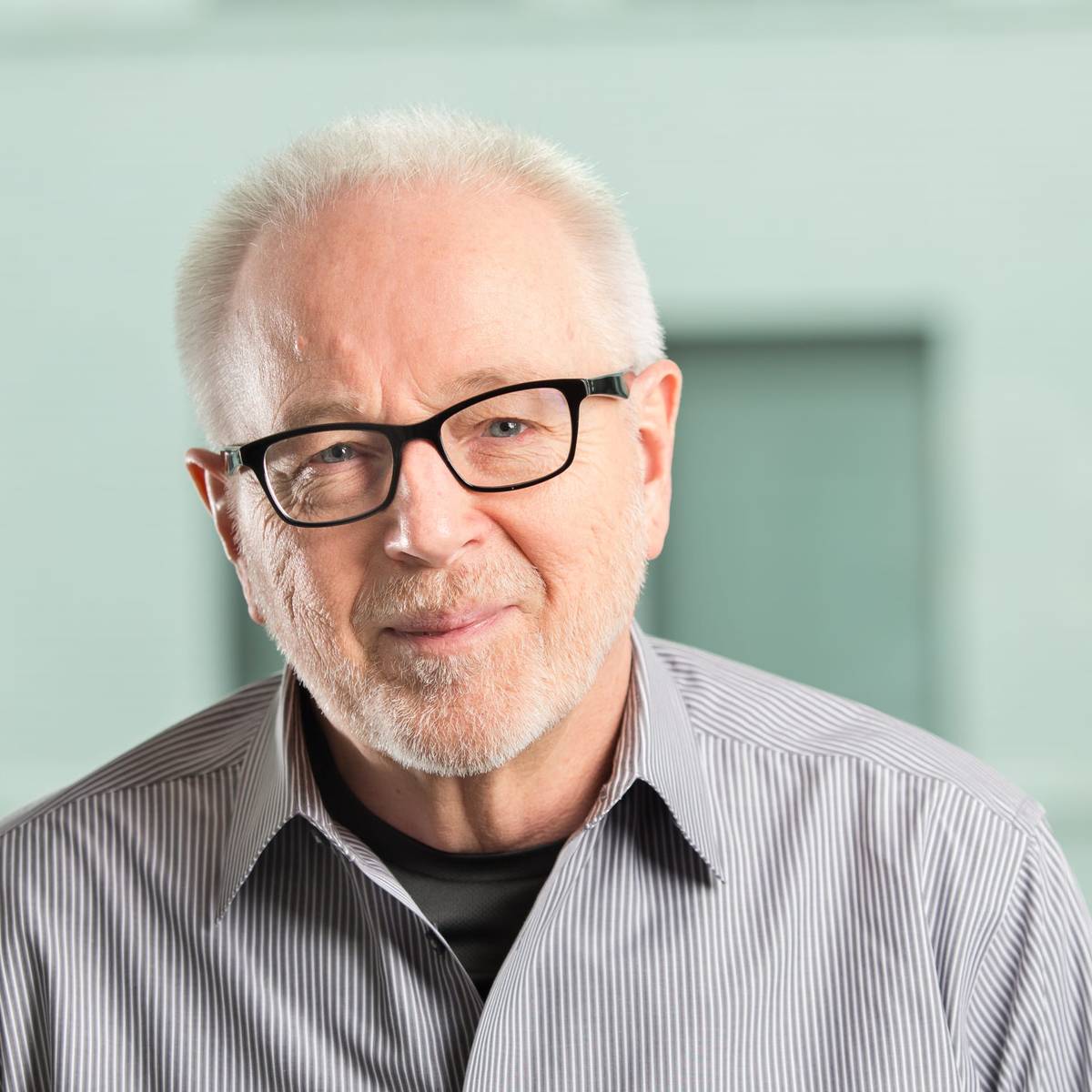
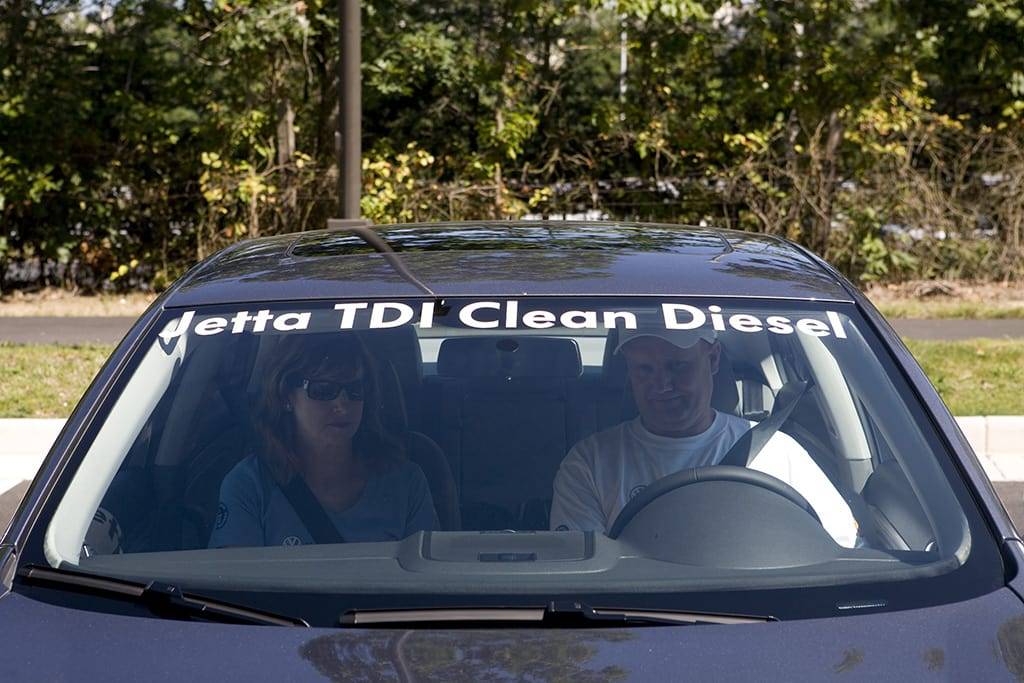
CARS.COM — The federal district court judge overseeing the Volkswagen diesel scandal said today that he will rule “on or before next Tuesday” on final approval for the proposed settlement that includes vehicle buybacks and environmental restitution by VW for cheating on emissions testing with its 2.0-liter four-cylinder diesels.
Judge Charles Breyer signaled that his OK is likely. “I am strongly inclined to approve the settlement,” he said, but added that he would consider “whether there should be modifications” after the hearing in San Francisco today.
Related: Thinking Buyback? Replace Your VW TDI With One of These
At the three-hour hearing, Breyer heard arguments for approval from the parties to the settlement, which include Volkswagen Group, U.S. and California environmental and trade regulators, 44 states, and class-action attorneys representing VW owners and lessees. He also heard oral objections to the proposed deal from about two dozen others and said he would consider their arguments, as well as written filings, before deciding whether the settlement meets the standard of “fair and reasonable.” Breyer gave the deal preliminary approval in July.
If he signs off, the settlement will be implemented “expeditiously,” he said, and he encouraged consumers to “avail themselves of the terms of the settlement immediately” to mitigate environmental damage. He said his order will be posted at vwcourtsettlement.com and added that the court will retain jurisdiction as it rolls out to be sure it is done properly.
In a statement, Volkswagen said, “The parties believe that the proposed 2.0-liter TDI settlement program will provide a fair and reasonable resolution … and we welcome Judge Breyer’s positive comments during today’s hearing.”
Robert Giuffra, VW’s lead attorney, said at the hearing that there will be a person in every dealership assigned to the settlement and that the company is “dedicated to making it work.”
The Settlement
The deal calls for VW to pay as much as $14.7 billion to settle the violations by about 475,000 VW and Audi 2.0-liter four-cylinder diesel cars from the 2009 through 2015 model years. VW admitted that the engines had software that activated controls during emissions testing, but turned them off on the road, allowing the cars to emit up to 40 times the legal limit of nitrogen oxide.
VW will pay up to an estimated $10 billion to buy back the recalled cars, terminate leases or fix them. Owners opting for the buyback will get the trade-in value as of September 2015 plus a restitution payment on a sliding scale. There are separate provisions for lessees, loan forgiveness and owners who sold or wrecked the vehicles since that date.
Owners, including Cars.com, have until September 2018 to decide whether to take the payment and have their cars repaired, but no recall fix is yet approved. Negotiations continue among VW, EPA and the California Air Resources Board; regulators last winter rejected an initial VW proposal and a complete fix may not be possible. The deal gives Volkswagen up to two years to come up with approved remedies.
VW also will pay nearly $5 billion into two funds, $2.7 billion to finance federal and California pollution mitigation campaigns, and another $2 billion to support zero-emission vehicles, as with electric-car charging stations. An additional estimated $600 million was set aside to settle state claims.
The deal does not resolve similar emissions violations by the 3.0-liter V-6 diesels used in more than 80,000 larger Volkswagen Group vehicles from its VW, Audi and Porsche brands. A hearing is scheduled for Nov. 3 before the same judge on the progress toward a fix and a settlement for the V-6 cheating. Regulators in July turned down a proposed recall fix.
“I won’t rest until we achieve some sort of resolution,” Breyer said.
Objections Raised
At the 2.0-liter hearing, several owners argued that VW’s buyback payments are inadequate, including some who want VW to repay the original purchase price. “Fraud is fraud and should not go unpunished,” owner Blair Stewart said. Mark Dietrich, a self-described “angry owner” of an Audi A3, argued that his family should get the full purchase price because his car has been in violation since the day he bought it.
Dietrich and others also asked for compensation for expenses not covered by the settlement, including unexpired registration fees, dealer-installed and aftermarket accessories, sales taxes and extended warranties. A major corporate leasing company argued for an actual mileage calculation for the settlement rather than a formula.
Elizabeth Cabraser, lead attorney for the class-action plaintiffs’ committee, responded that such individual car-specific calculations would slow down the settlement and increase costs that would not benefit owners. She also said such costs and owner inconvenience was considered in the settlement.
She said there has been “resounding support” for the deal, with 236,312 current and former owners and lessees already registered as of today for the buyback program, even before it is final. She said that just 3,200 people opted out of the class settlement and that some of those have returned.
Volkswagen still faces potential billions more to pay in federal and state regulatory fines and penalties, and to settle possible Justice Department criminal charges. It also faces individual state suits; Missouri this week became the 17th to sue VW. It also faces expensive penalties under the settlement if it is unsuccessful in getting at least 85 percent of the cars fixed or off the road. And individual owners may opt out of the settlement and sue the company for damages.
Information on the Deal
Details regarding the settlement are posted on a VW site here, and information and owners can register for the buyback here. For owners, there’s information on the buyback process if approved by the court and the repair process if approved. Payments for owners are outlined in tables here and for lessees here.
VW Group is working to put the scandal behind it as its image and sales continue to slide. Volkswagen brand U.S. sales are down 12.5 percent through September versus the period a year ago. Its total sales of all models have been 231,268; by comparison, Toyota’s sales of just the Camry were almost 300,000 in that period. Audi, however, seems to be escaping much of the damage, with sales up 3.2 percent to 152,179 through September, while the industry overall is flat.

Former D.C. Bureau Chief Fred Meier, who lives every day with Washington gridlock, has an un-American love of small wagons and hatchbacks.
Featured stories
